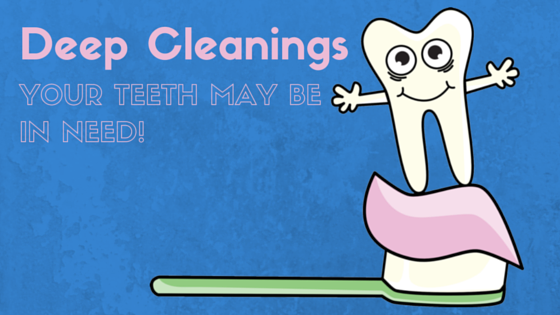We’ve probably all known someone with bad breath. It can be uncomfortable to engage in discussion with someone whose breath smells downright foul. It’s also a sensitive topic to broach, as well as being a very common concern – after all, each year Americans spend an estimated $3 billion dollars on breath freshening products. Halitosis, more commonly known as bad breath, is clearly a concern well felt amongst adults – but what is the cause?
Symptoms and Sources of Bad Breath
 There are several sources of bad breath, including diet and dry mouth – both boil down to the presence of bacteria. The most common odor-causing bacteria are located on the tongue, particularly toward the back where they tend to be undisturbed. If neglected during cleaning, it’s a prime breeding ground for bacteria to feed on leftover food particles, dead skin cells, and mucus. In addition to the tongue, less common offenders include build-up between the teeth and below the gum line, increasing the bad odor. In addition to inconsistent oral care, there are other common reasons for mild cases of bad breath.
There are several sources of bad breath, including diet and dry mouth – both boil down to the presence of bacteria. The most common odor-causing bacteria are located on the tongue, particularly toward the back where they tend to be undisturbed. If neglected during cleaning, it’s a prime breeding ground for bacteria to feed on leftover food particles, dead skin cells, and mucus. In addition to the tongue, less common offenders include build-up between the teeth and below the gum line, increasing the bad odor. In addition to inconsistent oral care, there are other common reasons for mild cases of bad breath.
Most of us are familiar with the term ‘morning breath’ – a common reference to oral odor experienced in the early hours after waking up. Morning breath can be attributed to a dry mouth, as the result of inactivity during the night fueling bacteria production. Saliva is a natural defense against these offenders, and saliva production slows down the longer the mouth is inactive. If you suffer from chronic dry mouth, the same principles apply whether it’s morning or not. Additionally, food particles (especially sugars) remaining in the mouth encourage bacteria growth. All of this adds up to an increasingly unpleasant and embarrassing odor when you are speaking and breathing.
How to Get Rid of Bad Breath
 When it comes to solutions, anything not addressing the presence of bacteria is a purely cosmetic fix. This includes gum, mints, and similar – sorry! The solutions very much depend on the specific source, and may be as easy as improving your general oral hygiene routine, or it could require a deep cleaning by a dental professional. A more serious cause, and subsequent solution, may be decay present in the mouth that requires removal. No matter the case, vigilant oral care will always be helpful in terms of avoiding unpleasant breath!
When it comes to solutions, anything not addressing the presence of bacteria is a purely cosmetic fix. This includes gum, mints, and similar – sorry! The solutions very much depend on the specific source, and may be as easy as improving your general oral hygiene routine, or it could require a deep cleaning by a dental professional. A more serious cause, and subsequent solution, may be decay present in the mouth that requires removal. No matter the case, vigilant oral care will always be helpful in terms of avoiding unpleasant breath!
Bad breath, while harmless, can be an indicator your oral care habits are insufficient. If you are concerned about your breath, try brushing and flossing more thoroughly to remove any lingering bacteria. If the problem persists, contact us for a proper diagnosis and treatment plan!
Bradburn Dentistry
6123 Main St, Clayton, CA 94517
Phone 925-672-0110
Fax 925-672-0365
Request An Appointment




